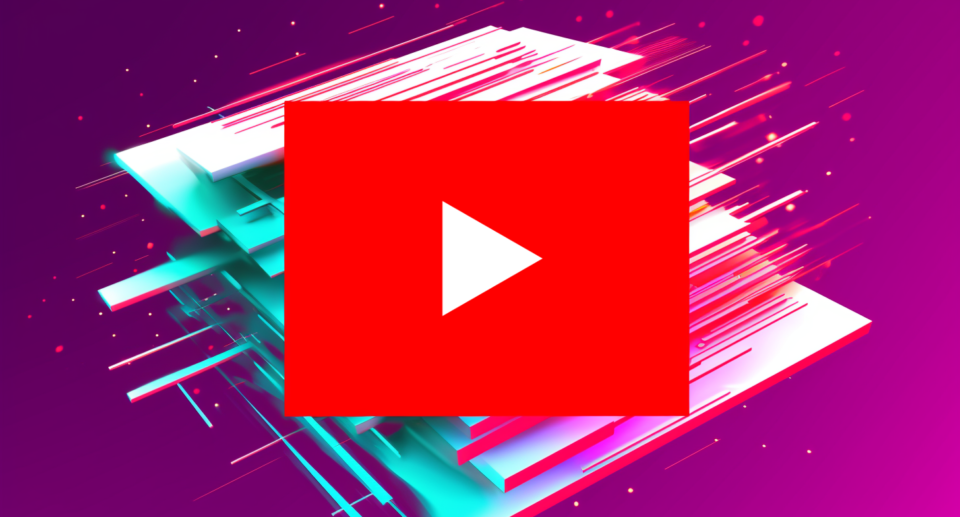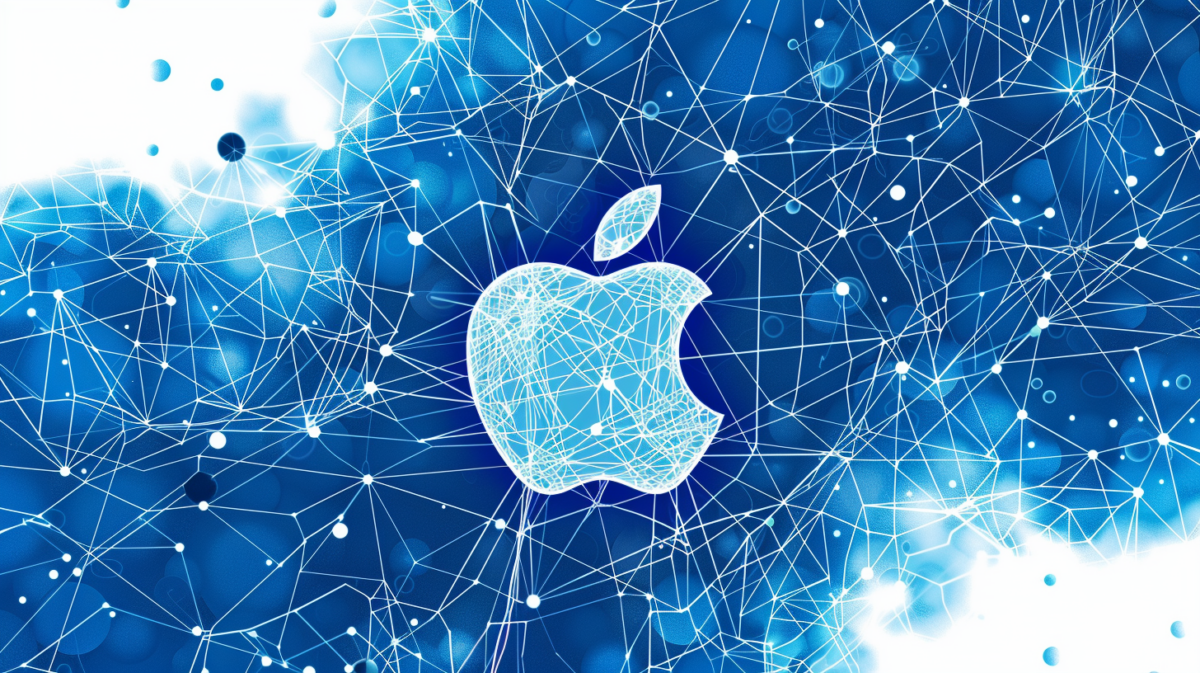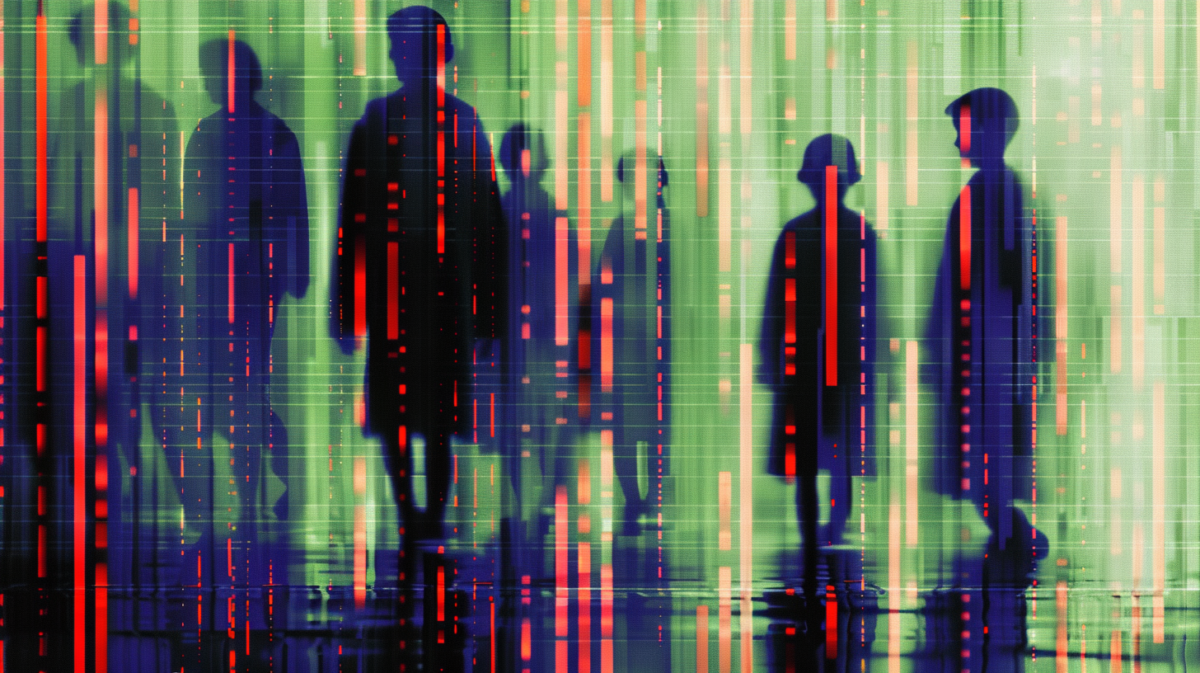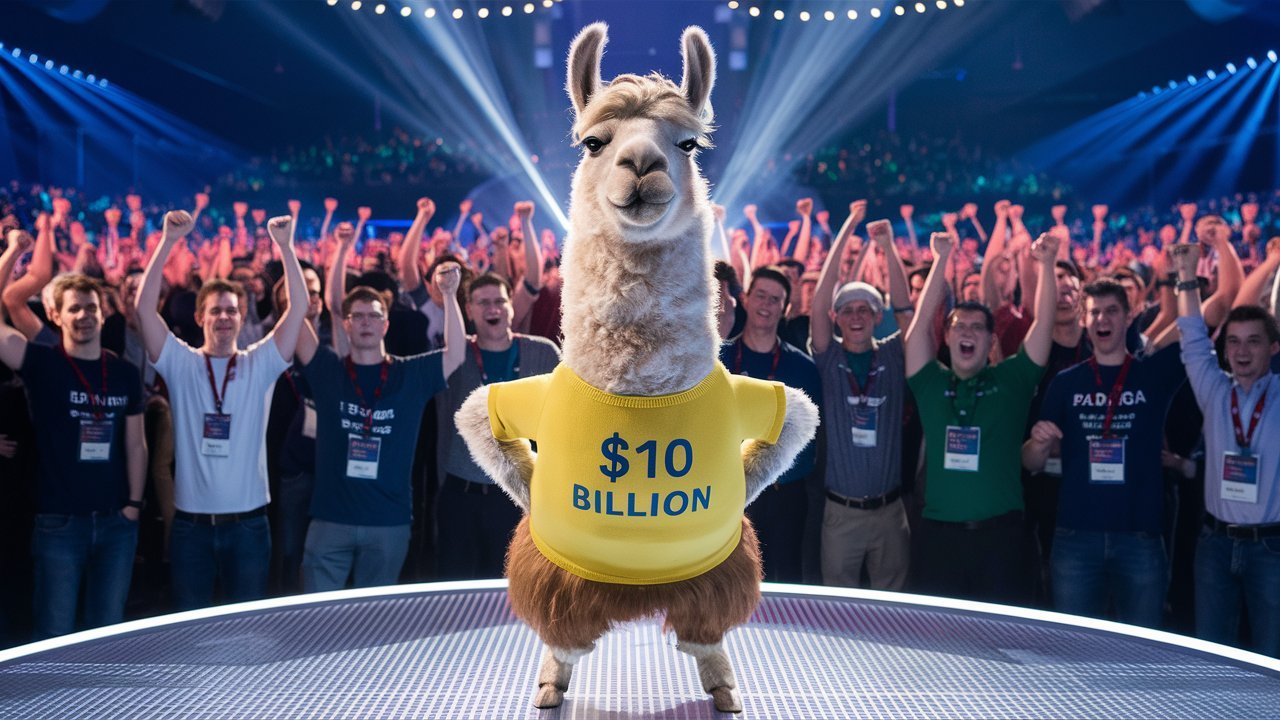YouTube’s new controls let creators decide if AI can train on their videos

YouTube is rolling out new settings that let content creators decide if AI companies can use their videos for model training.
The new controls appear in YouTube Studio under “Third-party training,” where creators can select which AI companies get permission to train their models using the creator’s content. According to Techcrunch, the current list of AI companies includes AI21 Labs, Adobe, Amazon, Anthropic, Apple, ByteDance, Cohere, IBM, Meta, Microsoft, Nvidia, OpenAI, Perplexity, Pika Labs, Runway, Stability AI, and xAI.
For AI companies to train on a video, several conditions must be met. Both the creator and any rights holders identified through Content ID must approve the training access. Videos must also be public and follow YouTube’s guidelines.
YouTube notes that when creators change their settings, updates can take up to seven days to appear in the public YouTube Data API. Creators maintain full control and can modify or withdraw their permissions at any time.
Ad
YouTube won’t control how AI companies use content
While YouTube is providing these new controls, the platform points out that it won’t have any say in how AI companies ultimately use creator content. Even if creators give permission for AI training, YouTube can’t guarantee that companies will actually use the videos they’ve been granted access to.
The new controls work alongside YouTube’s existing terms of service, which still ban unauthorized content scraping. This has been a point of tension before—YouTube previously had issues with OpenAI over potential unauthorized data collection.
YouTube describes these controls as an “important first step” to help creators gain value from their content in an AI-driven world. The company plans to develop additional features to support new forms of collaboration between creators and AI companies.
Beyond these creator controls, Google is expanding AI capabilities on YouTube itself. The company plans to launch Veo 2, a new video model, next year to help create short films and other content.











